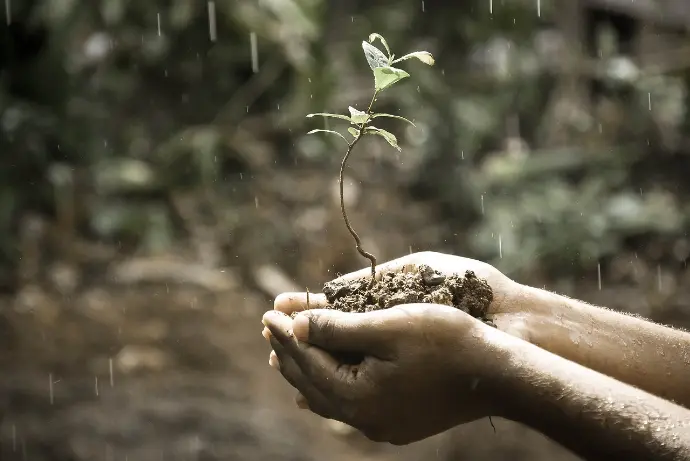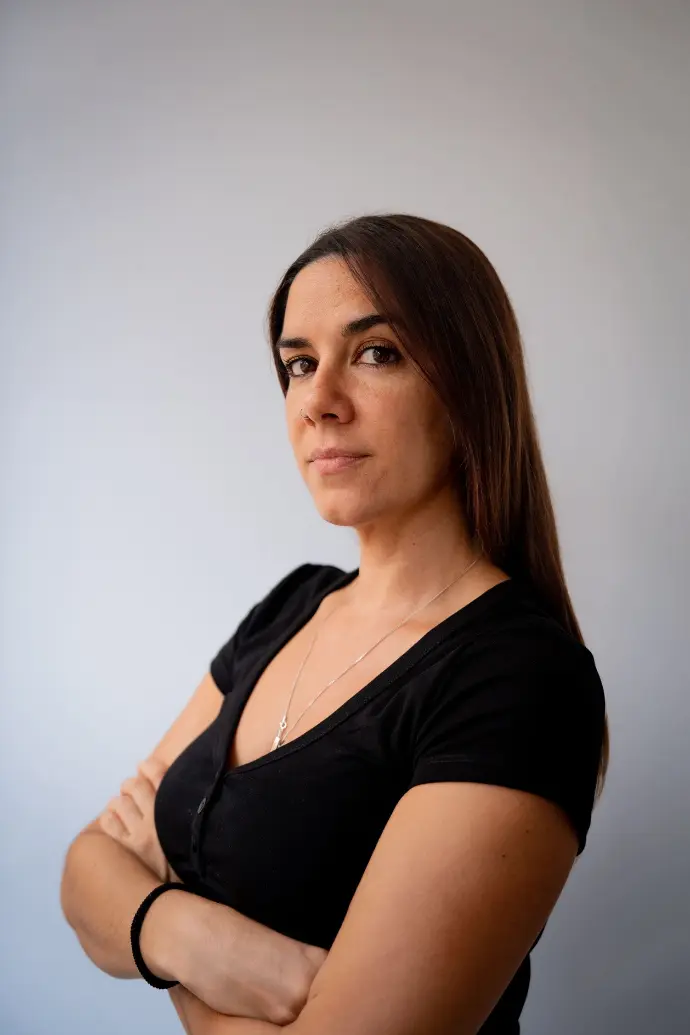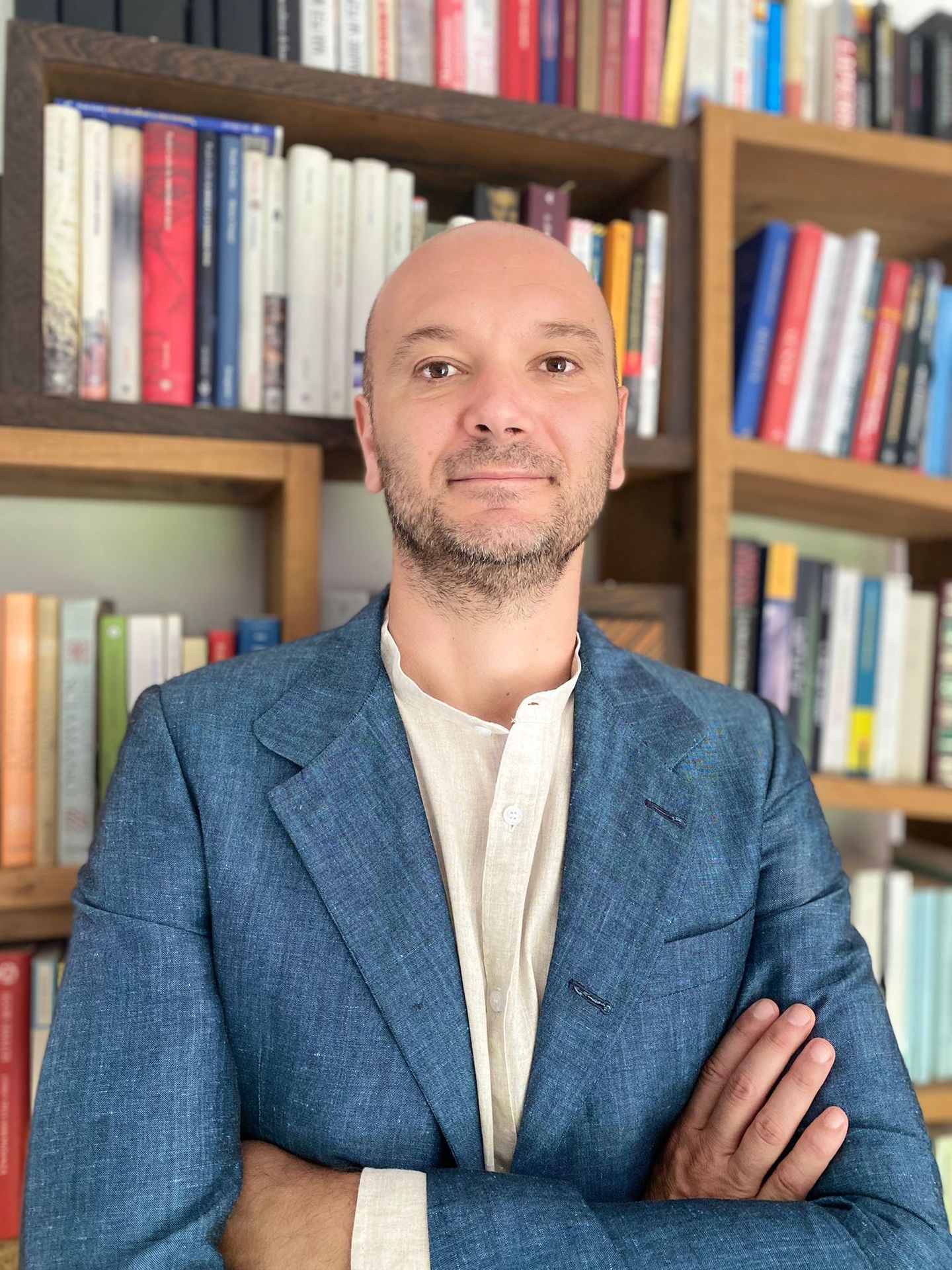
Sport and personal growth are considered traveling companions. Regardless of whether a person practices sport or not, this synergy is one of the most used in many areas related to growth and personal evolution, as well as motivation in general.
As a father, Life Coach and former athlete, I find great satisfaction in using the sports metaphor and I am excited to think about how it can serve as a powerful tool for personal growth.
Beyond personal pleasures, I try to see this aspect through the lens of critical thinking and I ask myself questions that concern this metaphor, especially if it involves applying this combination to young people.
As an attentive observer and listener of what happens around me, I observe that with the evolution of life and sport we are moving towards hyper-specialization and hyper-selectivity of these young athletes.
Asking questions is an essential part of the personal growth journey, and understanding how to use this powerful tool makes the difference. Questioning the attitude of adults towards youth sports should be the starting point of any sports story that aspires to become an authentic personal development experience.
We live in a time when young people are hyper-technologized, hyper-sexualized, hyper-committed from the early years of life and I wonder how functional this aspect can be for their "ecological" growth and experimentation.
I believe we should define a reference parameter as objective as possible to begin looking for answers, so that we can evaluate all possibilities with the same criteria.
In this analysis I am accompanied by Rocío, a psychologist, with a master's degree in Mental Health Research and certification in Sports Psychology.
Before delving into the explanation of this tool, I invite you to reflect and imagine yourself playing at identifying with the pieces. Developing critical thinking requires experimentation and the ability to look at things from different perspectives. By doing so, we will be able to discover new ways to use all the tools at our disposal.
Let's think of an example: boys and girls aged 4 to 6, 6 to 8, 8 to 10, and so on, taking two-year intervals as a reference parameter.
Now let's imagine that some parents say to their children phrases like:
· "You must have more desire to train."
· "You need to be more motivated to train."
· "You have to be meaner."
· "You have to want to win in order to win."
· "If you don't make an effort, you take away my smile."
· "If you don't commit, I'm not happy."
· "Winning is everything."
· "You have to train to win."
We could cite many more examples.
Are we really sure that all children understand these phrases in the same way? Do they have the cognitive means to understand this type of sentence?
This is a really interesting aspect that opens many other questions:
When does a child begin to understand the motivation to win?
When does a child begin to understand commitment and consistency as a value?
When does a child begin to understand the projections of their reference adults?
In this fantastic journey of growth there will always be those who walk faster, those who stop longer, those who take longer to understand, those who are attracted to a medal for its color and not for its value. Each subject is a world apart, a singularity that develops its potential step by step. So, can we really be sure that certain phrases help them on that path?
The purpose of this reflection is linked to understanding and not to finding what is right and what is wrong. Each included aspect can become a different tool for growth.
So we decided to base ourselves on this method: The four stages of development
· Stage
· Age range
· Main characteristics
· Sensorimotor
0–2 years
Sensorimotor stage
Knowledge is built through sensory and motor exploration.
2–7 years
Preoperational stage
Symbolic thinking emerges; the child begins to use imagination and play, but their thinking remains egocentric and illogical.
7–11 years
Concrete operations stage
Logical thinking begins to develop, although it is limited to concrete situations. There is greater understanding of rules and others' perspectives.
12+ years
Formal operations stage
Abstract reasoning, hypothetical thinking and metacognition appear.
Focus: Preoperational and concrete operational stages (ages 5–12)
· Preoperational stage (approx. 5–7 years)
-Thinking is intuitive, not logical.
-Children are egocentric: they have difficulty seeing things from others' perspectives.
-They have difficulty understanding conservation (for example, that quantity remains the same even when shape changes).
-They use symbols, imagination and play to represent ideas.
-Implications in sport:
-Learning through demonstration and repetition works best.
-Rules can be followed rigidly or misinterpreted.
-Motivation is usually linked to fun, attention and recognition.
· Concrete operational stage (approx. 7–11 years)
-Begins to think logically, but only about concrete and visible things.
-Understands conservation, classification, seriation (ordering) and reversibility.
-Begins to adopt others' perspectives.
-Rules become more flexible and negotiable.
-Implications in sport:
-Can follow structured games with multiple rules.
-Responds well to goal setting, feedback and teamwork.
-Ready for strategy-based learning (e.g., positioning in football, planning in gymnastics).
Key Piaget concepts and their application in sport
· Schema: a mental framework.
→ Example: a child develops a schema about "how to throw" or "how to play fair."
· Assimilation: adapting new information into existing schemas.
→ Example: a child tries a new sport using skills from another.
· Accommodation: modifying schemas when information doesn't fit.
→ Example: learning that the rules are different in basketball and handball.
· Equilibrium: balance between assimilation and accommodation, how learning progresses.
→ Example: explains learning curves in new physical tasks.
Reaching the end of this first article we can tell you that in the next one we will talk about the motivational aspect in relation to growth and evolutionary stages.
The goal is always to develop critical thinking and not to find a reason or an error to remedy.
For this reason, if you want to write us questions or thoughts, we leave you our email addresses:
ROCIO: rociolambertiquiros@gmail.com
N.B. And finally: in the next article we will talk about "motivation" and the evolutionary stages of the elite athlete.

